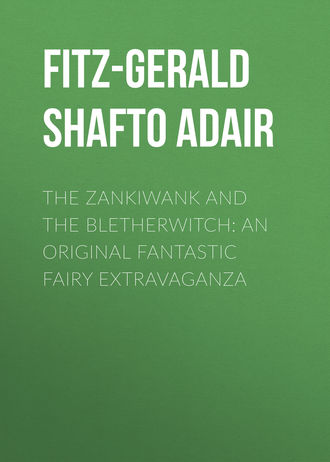The Zankiwank and The Bletherwitch: An Original Fantastic Fairy Extravaganza
 полная версия
полная версияThe Zankiwank and The Bletherwitch: An Original Fantastic Fairy Extravaganza
Язык: Английский
Год издания: 2017
Добавлена:
Настройки чтения
Размер шрифта
Высота строк
Поля

